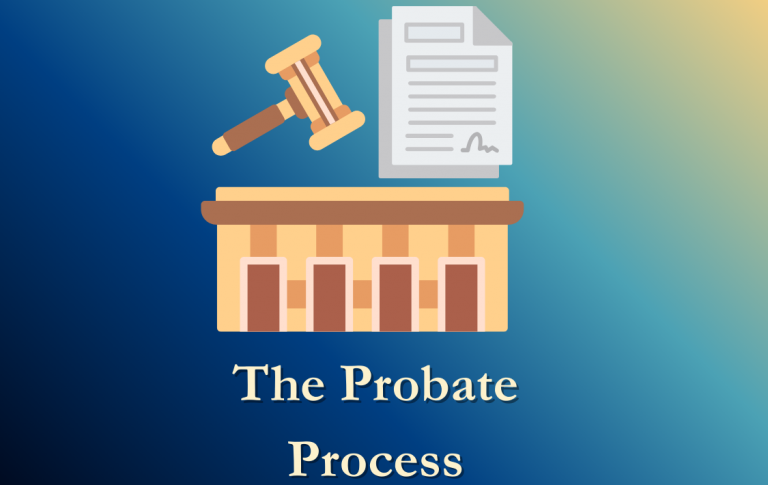What Is a Trust?
Basically speaking, a trust for property is a legal plan that consists of the grantor or settlor, the trustee, and beneficiaries. You (the grantor or settlor) transfer your property to the trust where someone you choose (the trustee) manages that property for the people you want to benefit (the beneficiaries). The trustee has a legal duty to follow the instructions you’ve laid out in the trust document.
Common Types of Trusts
Revocable Living Trusts are popular because they offer flexibility. You can change the terms, add or remove property, or cancel the trust entirely while you’re alive and mentally capable. You can serve as your own trustee initially, then have someone else step in if you become unable to manage your affairs.
Irrevocable Trusts are more permanent. Once you create one, you generally can’t change your mind. While this might sound restrictive, irrevocable trusts can offer benefits like asset protection or tax advantages that revocable trusts cannot.
Testamentary Trusts are created through your will. These are often used when parents want to ensure their minor children’s inheritance is managed responsibly until the children reach a certain age.
Why People Choose Trusts
A common reason people create trusts is to avoid probate. Property in a properly managed trust typically passes directly to beneficiaries without court involvement, which can save time and money.
Trusts also provide continuity if you become incapacitated. Your chosen successor trustee can step in to manage the trust property without needing court approval, unlike other situations where families might need to seek guardianship.
For families with minor children or beneficiaries with special needs, trusts offer structured ways to provide ongoing financial support with built-in protections.
Privacy is another advantage. While probate proceedings become public record, trust terms generally remain confidential.
Important Things to Consider
Trusts usually aren’t free to create or maintain. You’ll typically have costs to set up the trust properly, and depending on the complexity, there may be ongoing administrative costs.
Simply creating a trust generally isn’t enough—the property needs to be transferred into it (called “funding” the trust).
A trust generally will not automatically protect your assets from creditors. While some trusts can provide asset protection, this requires careful planning and specific trust provisions.
When Might a Trust be considered?
This will depend on your goals and wishes. Trusts can make sense if you own real estate in multiple states, have a blended family with complex inheritance wishes, or want more control over when and how your beneficiaries receive their inheritance.
They can be particularly valuable for business owners who need succession planning or families dealing with special needs situations that require ongoing financial management.
The Bottom Line
Every family’s situation is different. The decision to use a trust should be based on your specific goals, family circumstances, and financial situation.
DISCLAIMER: This blog post is for general informational/educational purposes only and does not constitute legal advice. Reading this post does not create an attorney-client relationship. Every situation is different, and you should consult with a qualified attorney about your particular circumstances. For the full disclaimer, click here.








